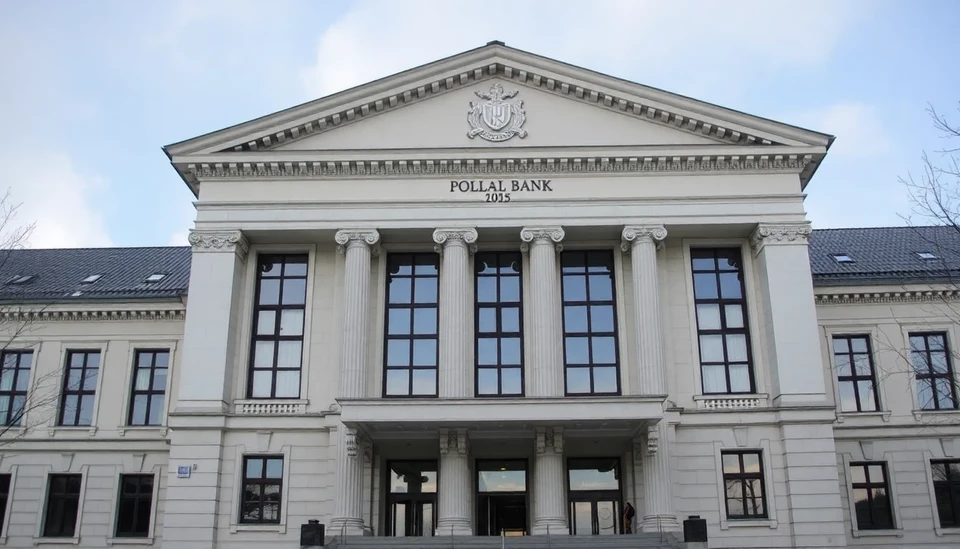
Recent economic data from Poland has cast doubt on the central bank's current stance regarding interest rates. The latest reports reveal that wage growth coupled with robust economic output contradicts the Polish central bank's view that a period of steady rates is likely. This situation prompts economists and analysts to rethink their forecasts for monetary policy in the coming months.
Poland's Central Statistical Office disclosed that average wages in the country surged by 8.7% year-on-year in February, a stark increase that outpaced economists’ predictions. This marks a significant jump, not just in the context of wage growth history for Poland, but also considering the broader economic implications such increases could have on inflation and monetary policy.
In addition to rising wages, Poland's gross domestic product (GDP) growth rate has remained strong. Output data from the previous quarter indicates that the economy is growing at a healthy pace, further complicating the central bank's position. Contrary to the expectation of a stable interest rate framework, elevated wages and solid economic performance may compel the Polish Monetary Policy Council to reevaluate its approach, potentially leading to adjustments aimed at curbing inflationary pressures.
Analysts anticipate that this combination of factors could incite a change in direction for the central bank, which has maintained a cautious stance in recent months amid a global landscape of tightening monetary policies. Policymakers could be forced to adapt to keep inflation, which remains above the target, in check as increased consumer spending driven by higher wages can lead to further price hikes.
The question that now lingers is whether the central bank will decide to hold off on making any immediate changes or if it will take decisive actions in light of these new developments. Many commentators predict that the bank’s next meeting will be critical in determining the trajectory of Poland's interest rates amid these evolving economic conditions.
In conclusion, the interplay of rising wages and strong economic output represents a pivotal moment for Poland's financial regulatory body. How the central bank responds to these economic indicators will not only have ramifications for Poland's economy but may also serve as a gauge for other nations similarly facing pressures from inflation and wage growth dynamics.
#Poland #CentralBank #InterestRates #EconomicGrowth #WageGrowth #Inflation #MonetaryPolicy #FinancialNews
Author: Rachel Greene




